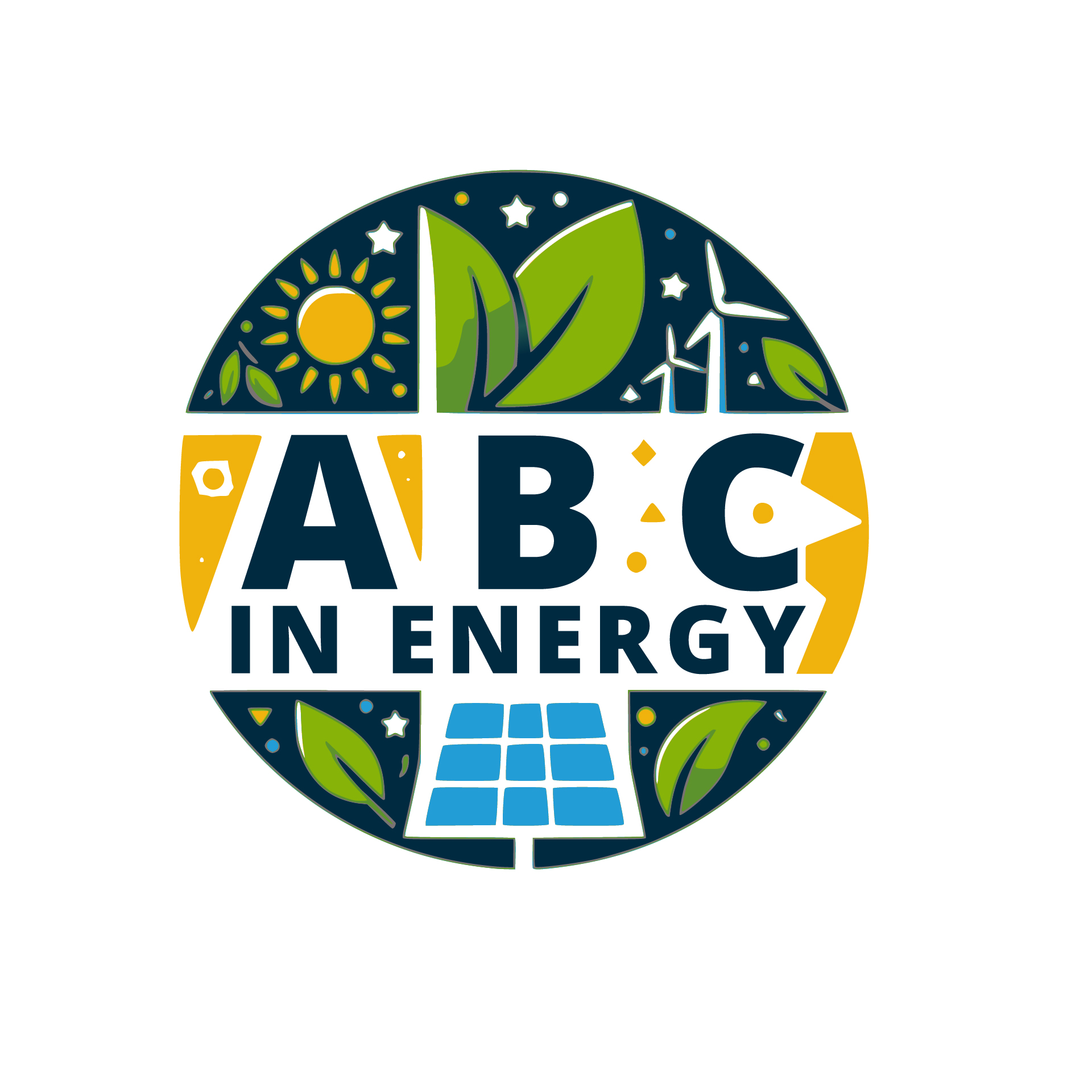ABCinENERGY - Advanced tools for Behavioural Change in energy consumption for Higher Education Stakeholders
| Target area: | Higher Education Development |
|---|---|
| Sub-target area: | Higher Education Management |
| Target countries: | Austria, France, Italy, Lithuania, Serbia, Spain |
| Duration: | 01/10/2024 – 31/03/2027 |
| Partners: | CESIE (Italy) - Coordinator World University Service (WUS) Austria Minds Europe (Serbia) University of Alicante (Spain) University of Palermo (Italy) University of Montpellier (France) Vilnius Gediminas Technical University (Lithuania) University for SDGs (Italy) |
| Budget line: | Erasmus+ |
Project description
The ABCinENERGY project aims to promote behavioral change in energy consumption within higher education institutions (HEIs) to reduce environmental impact. It strengthens HEIs and their communities to become the power of change in the energy crisis and to reach the SDGs. HEIs will use tailor-made tools to initiate actions, and to manage and monitor the community's impact.
ABCinEnergy raises the following objectives:
- To ensure practical and impactful implementation of HEIs Sustainability Strategy in energy consumption
- To develop tools for universities to monitor and measure and to promote behavioural change of their community members in relation to energy consumption habits
- To empower university community with knowledge, habits and skills to contribute to the environmental change
- To identify tackling environmental and climate change challenges in a strategic and sustainable way at HEIs while using digital tools which supports digital and green capabilities of the higher education sector.
ABCinENERGY takes these actions:
- Benchmarking of existing practices of Sustainability Strategies
- Development of methodology for monitoring behavioural changes of university energy consumption
- Establishment of working groups at partner organisations for monitoring Sustainability Strategies and KPIs
- Development of the Habit Tracker Platform
- Organisation of informative trainings for HEI internal stakeholders
- Local piloting of the platform with staff and students
- Development of recommendations for a plan of actions

